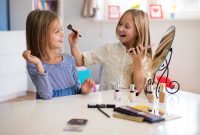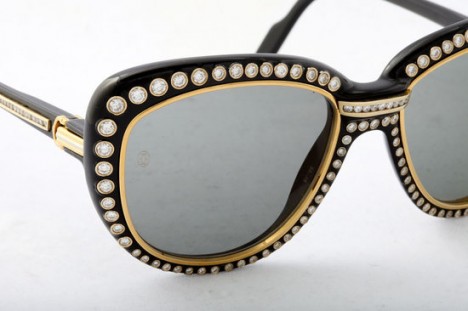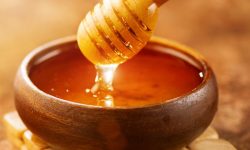The Psychology of Makeup/How Cosmetics Impact Self-Expression and Confidence
 Introduction:
Introduction:
Makeup has been an integral part of human history, used for various purposes throughout the ages. Beyond its practical applications, makeup holds significant psychological influence on individuals, impacting self-expression and confidence. This article delves into the psychology behind makeup, exploring how cosmetics empower individuals to express themselves and enhance their self-assurance.
- The Evolution of Makeup: From Ritual to Self-Expression
- The Psychology of Colors and Perception
- Makeup as a Tool for Self-Expression
- The Connection Between Makeup and Confidence
- Social and Cultural Influences on Makeup Choices
- Makeup and Body Image: Finding Balance
- The Psychological Impact of Makeup Removal
- Embracing Authenticity: Makeup as an Option, Not a Requirement
The Evolution of Makeup:
From Ritual to Self-Expression: Makeup has deep historical roots, dating back to ancient civilizations where it was used for ceremonial purposes and to signify social status. Over time, makeup transformed from a ritualistic practice to a means of self-expression. In modern society, it has become a powerful tool that allows individuals to present themselves to the world in unique and creative ways.
The Psychology of Colors and Perception:
Colors play a crucial role in makeup, and their impact on human psychology cannot be understated. Different colors evoke various emotions and perceptions, allowing individuals to communicate their mood, personality, and intentions through makeup choices. For instance, warm and bold colors may exude confidence and vitality, while softer and muted tones may convey tranquility and introspection.
Makeup as a Tool for Self-Expression:
One of the most significant aspects of makeup is its potential as a form of self-expression. Makeup allows individuals to experiment with different looks, styles, and trends, providing a canvas for creativity and identity exploration. Through makeup, people can amplify or downplay certain features, sculpting their appearance to reflect how they wish to be perceived by the world.
The Connection Between Makeup and Confidence:
The link between makeup and confidence is undeniable. Studies have shown that wearing makeup can enhance self-esteem, bolstering one’s sense of attractiveness and social acceptance. The act of applying makeup can be empowering, acting as a ritual that prepares individuals to face the day with greater self-assurance. Studies have shown that makeup can enhance self-esteem, bolstering one’s sense of attractiveness and social acceptance.
Social and Cultural Influences on Makeup Choices:
The choices people make regarding makeup are influenced by societal and cultural norms. Standards of beauty, fashion trends, and media representation can impact makeup preferences. However, individuals also use makeup to challenge these norms, embracing unconventional styles that assert their individuality.
Consecutive Sentences: Standards of beauty, fashion trends, and media representation can impact makeup preferences. However, individuals also use makeup to challenge these norms, embracing unconventional styles that assert their individuality.
Makeup and Body Image:
Finding Balance: While makeup can be a powerful confidence-booster, it is essential to strike a balance and recognize its limitations. Relying solely on makeup to enhance self-esteem may lead to dependency, overlooking the beauty that lies within. It is crucial to foster a healthy relationship with makeup, appreciating its ability to complement our inherent qualities without defining our worth.
The Psychological Impact of Makeup Removal:
The act of removing makeup can also have psychological implications. Some individuals may feel vulnerable or exposed without their makeup, highlighting its role as a shield or mask. Embracing the bare face can be an exercise in self-acceptance, acknowledging that true beauty transcends the external appearance.
Embracing Authenticity:
Makeup as an Option, Not a Requirement: Ultimately, makeup should be regarded as a choice, not an obligation. Society’s expectations and pressure to wear makeup should not overshadow an individual’s autonomy to express themselves authentically. Whether one embraces makeup as an art form, a confidence booster, or simply a form of self-care, it should always be a personal decision driven by genuine desire.
Conclusion:
The psychology of makeup is a complex interplay of self-expression, confidence, and societal influence. As individuals embrace the power of makeup, they find a medium to communicate their identity, emotions, and creativity to the world. While makeup can undoubtedly boost confidence, it is essential to strike a balance, embracing authenticity and self-acceptance beyond the layers of cosmetics. Ultimately, makeup is a canvas upon which individuals can paint their unique stories, bridging the gap between inner self and outward expression.







